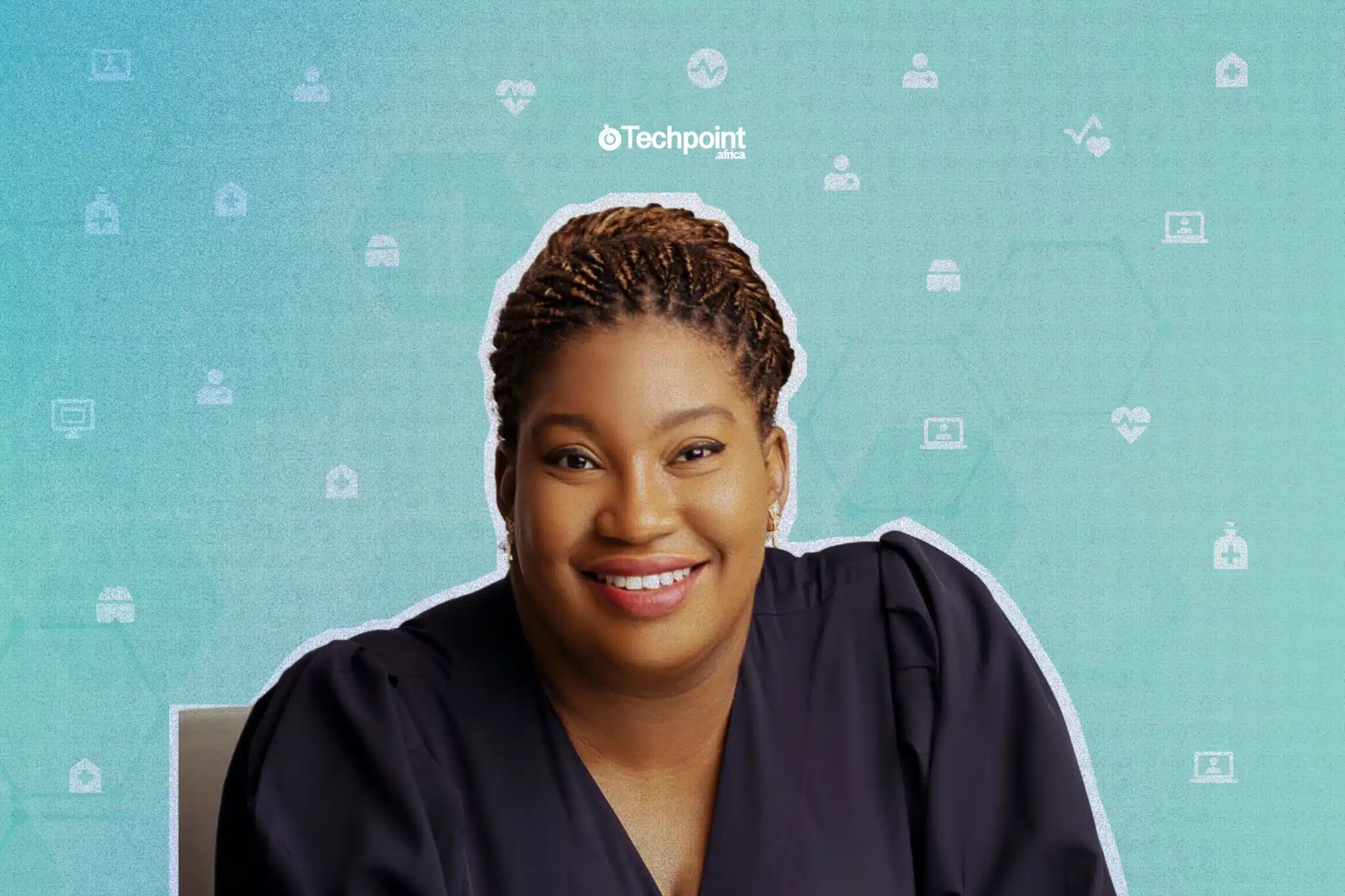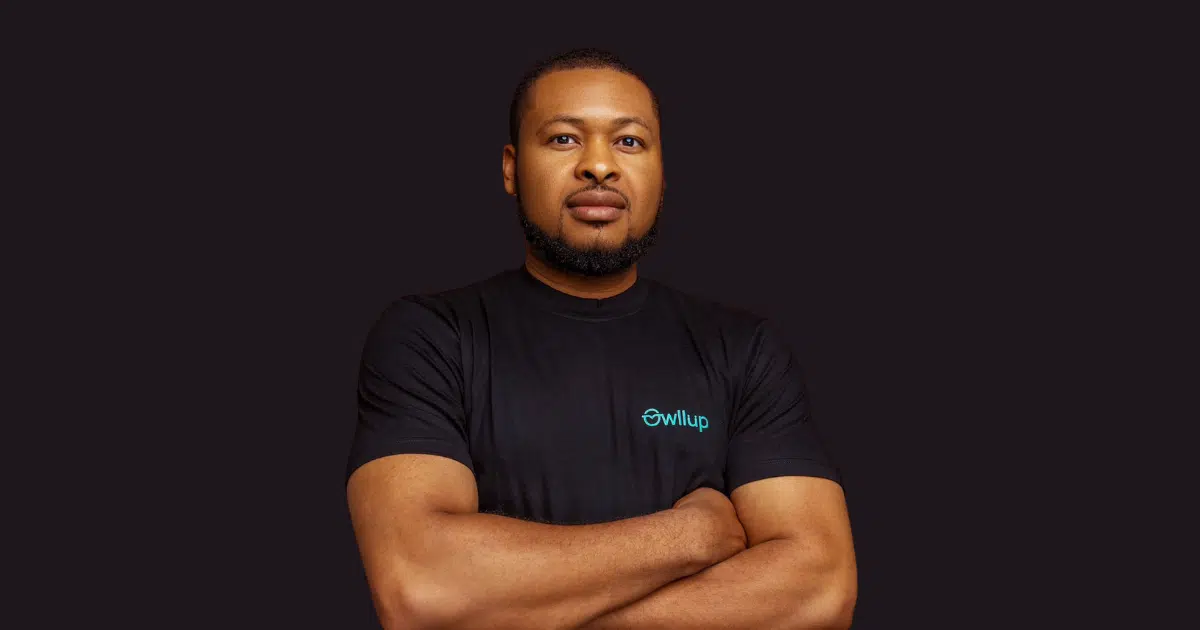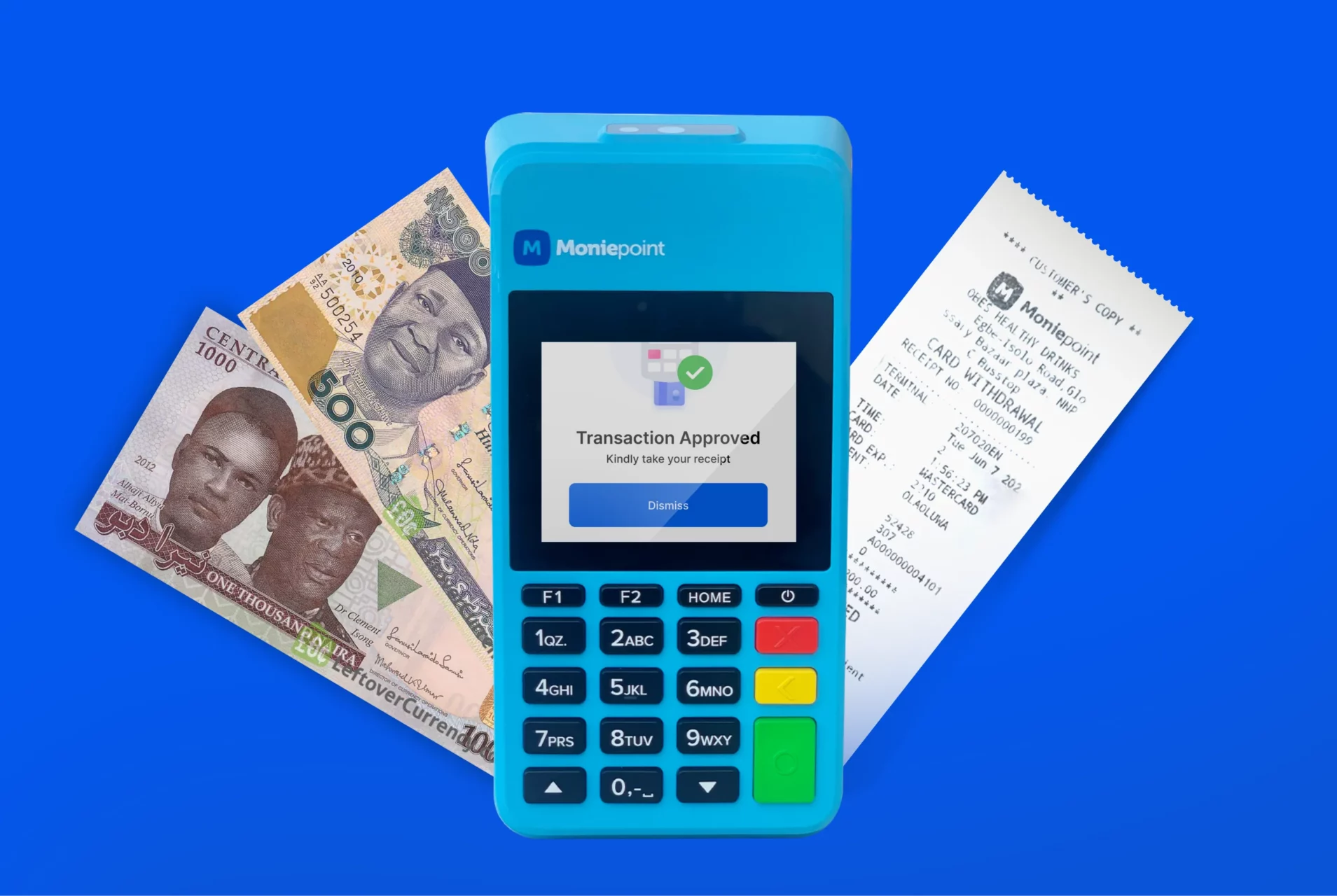When Irene Nwaukwa decided to launch Infinity Health Africa, her goal was “to improve access to innovative healthcare products and services across Africa.” A few months before, she had told anyone who cared to listen that she had no interest in entrepreneurship, preferring the stability a 9-to-5 offered.
“I never planned to be an entrepreneur. One month before I became an entrepreneur, I kept telling people I wasn’t going to do any business,” she says.
But when people you respect, love, or have worked with tell you entrepreneurship is a real option, it’s difficult not to want to test the waters, and she did. Her first attempt at this audacious goal was to provide data for healthcare service providers to make better decisions, but she soon realised it wasn’t the most pressing need for most people she spoke with.
They’ll give you a car
Nwaukwa’s first official job was an internship at an oil and gas firm. In Nigeria, that’s a career lottery, but she wasn’t there for long. While pondering what her career path could look like, an acquaintance told her about a company hiring medical representatives.
She didn’t know what the job entailed at the time, but she would be getting a car, so she quit her job and relocated to take up this new role despite earning a lower salary than in her previous role. She didn’t get the car until several months later and was owed salaries for the first three months, but it was the start of a long career working at some of the major pharmaceutical companies on the continent.
In 2020, during the COVID-19 pandemic, she left her role at Sanofi and returned to Nigeria to spend more time with her family. After a few months in Nigeria, she joined 54gene.
“In my entire career, the biggest problem I came across was that we did not have representative data. When you go to a doctor and say, ‘This hypertensive medication is going to be great for your patient,’ they ask you what percentage of the study were Black, and a lot of the time it would be less than 10%, but usually African American.”
That experience revealed the gap in representative data for Africans, and she spent a year at the healthtech before it shut its doors. Back on the job market, she searched for jobs that matched her previous wages or came close to doing so without much success.
Finally, she set up a consulting business drawing on her years of experience. As she spent time talking to clients, one question was recurring: How have you been able to navigate regulations?

Victoria Fakiya – Senior Writer
Techpoint Digest
Make your startup impossible to overlook
Discover the proven system to pitch your startup to the media, and finally get noticed.
“When you’re working with big pharma, you don’t really see the problems up close because you have big teams. We had a regulatory team of three or four people per country, so how would I know that regulatory requirements were opaque?”
She spent a year trying to understand why regulations were tough for the businesses she spoke to, and the study resulted in Onboard, a regulatory compliance software.
Streamlining compliance for African healthcare
If you wanted to manufacture medical equipment or import it into Nigeria today, that product must meet certain specifications. But where do you visit to get these specifications? This was one question Nwaukwa and her team set out to answer.
Onboard helps healthcare and life sciences businesses with regulatory functions such as product registration, facility licences, clinical trials, and internal compliance. As Nwaukwa explains, most people in the local regulatory space are consultants limited by time and the resources of the businesses that need them.
With Onboard, businesses can quickly understand their regulatory needs and work on them before meeting a consultant. The first tool it built was a free-to-use product readiness calculator that businesses can use to self-assess and determine how ready they are to interface with the regulator in three minutes.
Onboard tries to replicate the same information that regulators such as the National Agency for Food and Drug Administration and Control (NAFDAC) require.
In the end, it assigns a score to the user. Those who score above 60% will get an invitation to register a product, while scores below get pointers to better their scores. The tool is still being improved, with a plan to integrate artificial intelligence in specific sections of the calculator so businesses can complete the process faster.
Beyond working with local businesses, the startup hopes to help foreign-owned businesses set up shop without requiring a physical presence. It currently offers its services in Nigeria, Kenya, and Ghana and plans to expand to more African countries.
Onboard’s ambitions extend beyond the private sector, with much of its success depending on the public sector. It wants to build technology to streamline the regulatory process and reduce dependence on manual processes.
“It’s a hard job but a deeply rewarding one. Our goal is to simplify the complexity of complying with regulations by giving you a one-stop shop for your regulatory needs,” she says.
Since starting operations in April 2024, the startup has managed over 200 product registrations, three manufacturing facility permits, and helped four companies enter the Nigerian market.
Solving this problem is more than just business for Nwaukwa; it’s also personal. While living in Kenya, her father needed a pacemaker, but while she could easily get one in Kenya, the same manufacturer had none in Nigeria.
Shortly after starting Infinity Health Africa, she got an inquiry from the manufacturer they had patronised in Kenya. While this manufacturer previously had a presence in Nigeria, they were struggling to re-enter the market because of changes in regulatory requirements.
An unfair advantage
Although she has worked in healthcare for much of her career, Nwaukwa has mostly been on the commercial side of things. A switch to regulations means she has had to learn on the job. Still, she considers her experience working across the continent a major advantage for the one-year-old startup.
Apart from South Africa, she has worked or sold products in every English- and Portuguese-speaking country in sub-Saharan Africa. That experience has helped her build a wide network that the company now leverages to help its clients.
But beyond an extensive network, she’s pretty confident that the startup can fight off competition. Most practitioners in local healthcare regulation are independent consultants who still rely on manual processes.
She says the startup intends to offer its technology to help them speed up their processes; that could start as early as 2026. She’s also certain that the sheer difficulty of navigating regulations means only a few people can stay long enough to offer a significant challenge to the business.
But it hasn’t been smooth sailing all the way. When the startup launched, it wanted to build a tech product immediately, but they quickly discovered that many customers didn’t see much value in a tech product that was not tied to something they could see, so they changed plans.
Regulations have also been a major challenge. Since its core offering today is helping businesses comply with regulators, it can’t avoid dealing with them. That has made potential investors wary of backing the business.
To counter this, it has adopted a proactive approach to dealing with regulators. Rather than wait until regulators come looking, the startup actively seeks out and engages them, and Nwaukwa says it has helped them stay on the right side of regulations so far. Here, she draws on her sales experience.
“The beauty of starting a career in sales is that it teaches you resilience very quickly. You learn to fall down, cry and wake up tomorrow morning and say, ‘Okay, we’ll go again.’ You learn to meet the person who said, ‘I never want to see you again.’ The first time I went to see a regulator, I was kicked out of the office, so you get kicked out a lot. You get told no a lot. You get told you don’t know what you’re saying a lot, and then one day you win.”
The business has been largely bootstrapped since inception, but not for lack of trying to raise capital. In the beginning, she shared a complex deck with potential investors and got a lot of rejection. That forced her to focus on the customer and revenue-generating activities.
In 2024, the startup completed an angel round and plans to raise a $1 million pre-seed round this year. This would give the startup more firepower to pursue its mission of building technology to simplify regulatory engagement in Africa.
Onboard’s long-term goal is to be the number one regulatory compliance system in Africa, with Infinity Health Africa being the one-stop shop for market access.
“Our goal is to own the ecosystem; 10, 20 years from now, if you want to enter any market in the world, you’ll pay me for something.”











